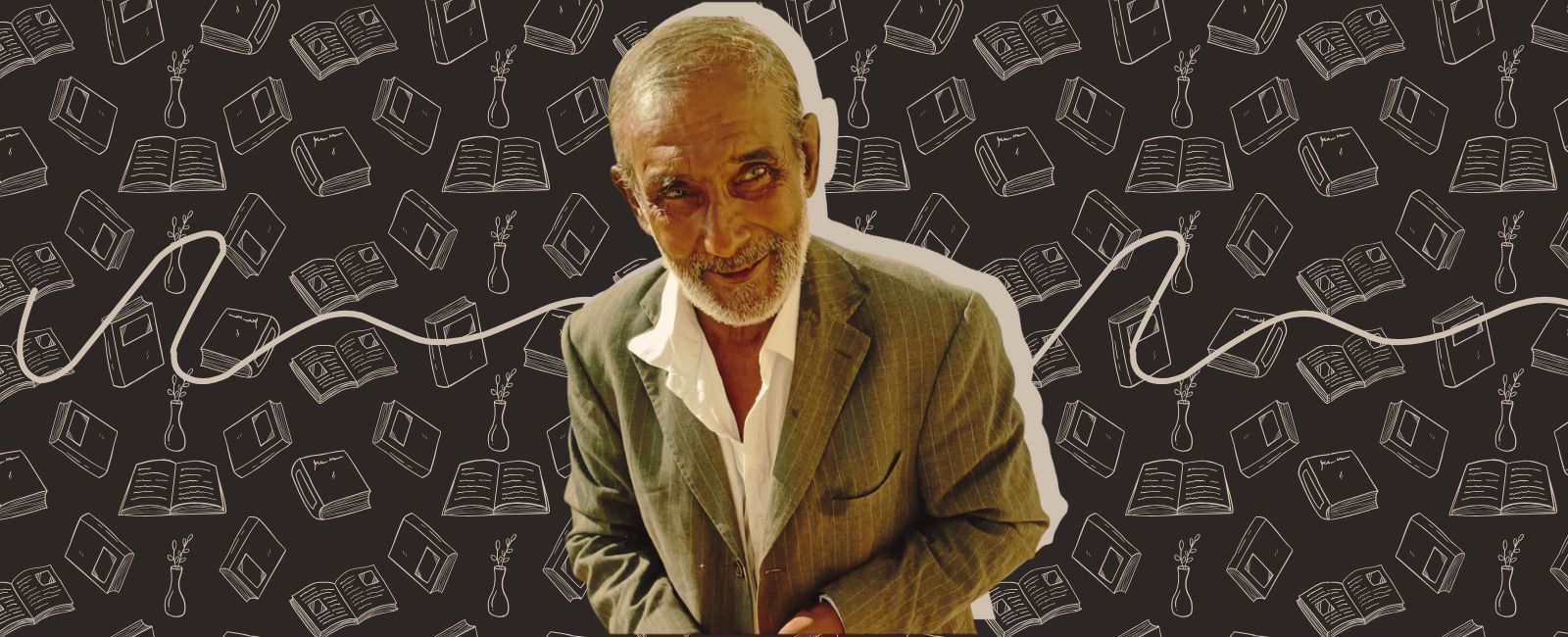The rise and ruin of Mushtaq Kamlani: Sindh's lost literary voice
Writer gained widespread recognition through his captivating short stories featured in popular Sindhi dailies and magazines

Sindh has a long history of producing literary legends who have continued to create masterpieces through their innovation and creative talent. From Jamal Abro to Sheikh Ayaz, and from Ghulam Ali Allana to Ali Baba, all have become glittering stars in the literary skies of Sindh. Many among those remained in the limelight till their last breath, while some vanished into oblivion during their lifetimes.
Mushtaq Kamlani belongs to the second lot. The writer and linguist significantly contributed to Sindhi literature through his short stories and novels during the late 70s and mid-80s, but then went into disarray following multiple reasons, prominent among those being the indifference of society and government functionaries.
Kamlani was an innovative character in the history of Sindhi literature who had minutely observed each and every dimension of the society he was living in. Despite hailing from a remote area of Sindh, he got himself registered among the eminent novelists of the province. He had the ability to attract readers through his stories and extraordinary ideas inculcated in his writings and works. During the mid-80s, a considerable number of young readers were die-hard fans of his writings published in noted Sindhi dailies and magazines.
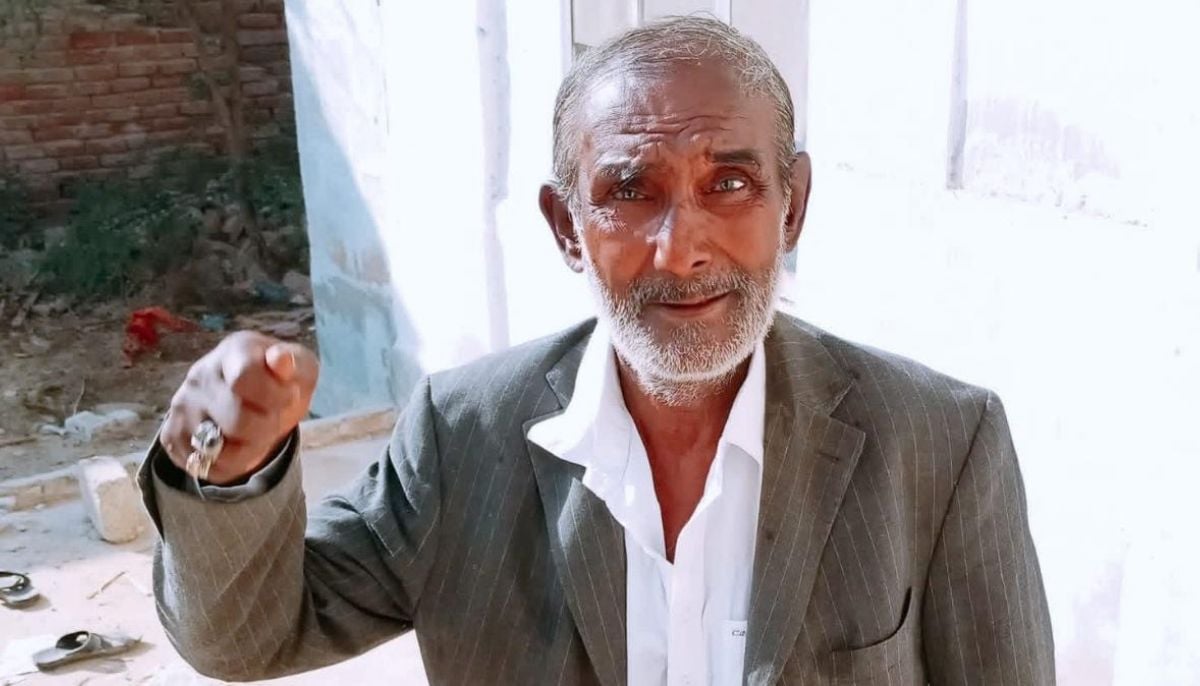
Kamlani, once an eminent name in Sindhi literary sphere, is now wandering in the streets of the Thatta and Sujawal districts as a beggar. He begs on the roads of the cities during the day and spends nights under the open skies, sleeping on footpaths.
He was born in a poor family in the village of Timani, around eight kilometers from the coastal city of Sujawal, in 1955. The presence of poets and writers like Sarvech Sujawali, Muhammad Khan Majeedi, Shoukat Hussain Shoro, and Muhammad Khan Makhmoor inspired Kamlani to dive deep into the field of literature.
While studying at the University of Sindh, Jamshoro, Kamlani had developed a heartfelt affiliation with prominent Sindhi novelist and story writer Ali Baba, who inspired him to write novels and stories for Sindhi dailies. The son of noted historian Aziz Jafrani, librarian and poet Zubair Jaffrani, said that the company of Ali Baba left a monumental impact on Kamlani's writings and approach, and Baba’s ideas helped him improve his writing skills.
He further said that Dr Muhammad Khan Makhmoor, Kamlani's elder brother, was also a notable poet, and his poems were sung by famous Sindhi singers, and he also played an instrumental role in the grooming of Kamlani as a short story writer and novelist.
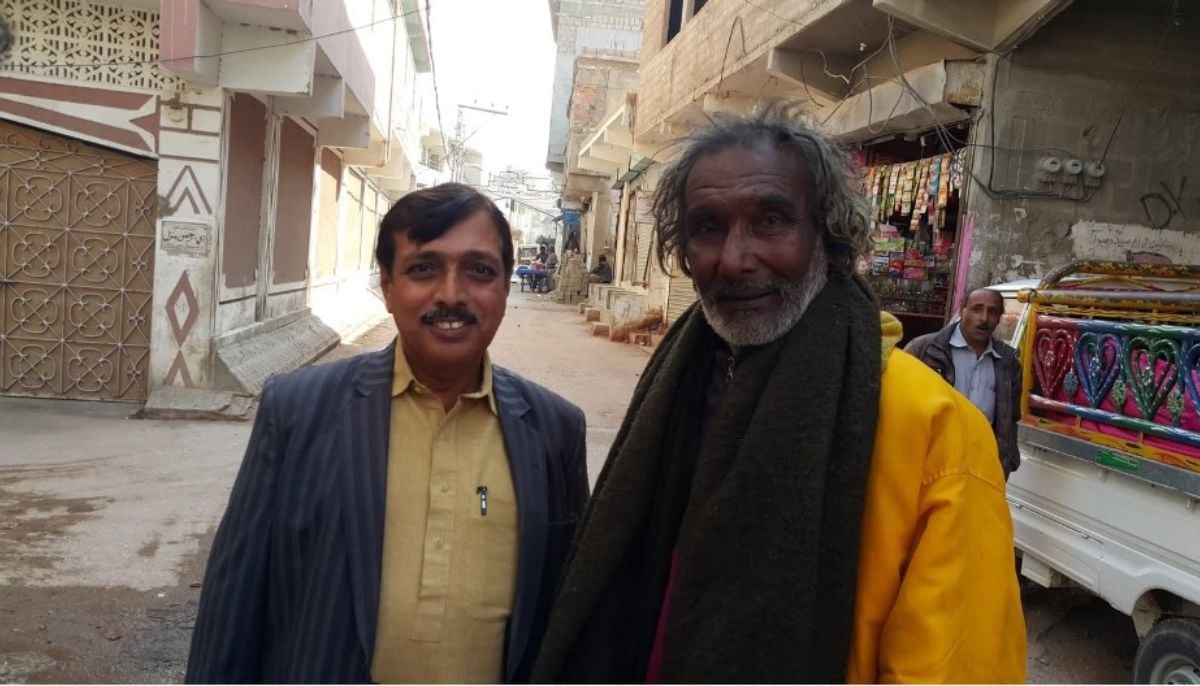
After completing his graduation from the University of Sindh, Jamshoro, in 1979, he actively participated in political movements and started projecting social issues of Sindh in his stories, novels, and fictions.
Iqbal Jakhro, a noted journalist and columnist from Thatta, shared his views on the current state of Kamlani, saying that it was quite pathetic that a literary figure of Kamlani's stature had been living a miserable life. "Those were the days when young novelists and story writers would idealise Kamlani and seek inspiration and guidance from his work," said Iqbal, adding that society should play its part in bringing Kamlani's life back to normalcy.
Kamlani gained widespread recognition through his captivating short stories, which were prominently featured in popular Sindhi dailies and weekly magazines, evoking an unparalleled response from the public. Mushtaq, better known by his pen name Kamlani, which translates to "the one who can do wonders", rose to fame with his remarkable storytelling.
Seasoned historian, writer, and scholar from Thatta, Dr Muhammad Ali Manjhi, said that it was disturbing for him and other noted historians of Sindh that a man of Kamlani's caliber was in destitution owing to the sheer negligence of concerned authorities. "Kamlani was a man of multiple qualities," said Manjhi, adding that he was an avid reader of contemporary Urdu and English literature, besides conducting thorough research on Sindhi short stories and novels written by iconic Sindhi writers like Naseem Kharal, Amar Jaleel, Ali Baba, and Jamal Abro.
One of his die-hard fans and a poet himself, Ayaz Ammar Sheikh, said that his short stories would be aired on Radio Pakistan and Akashwani India Radio.
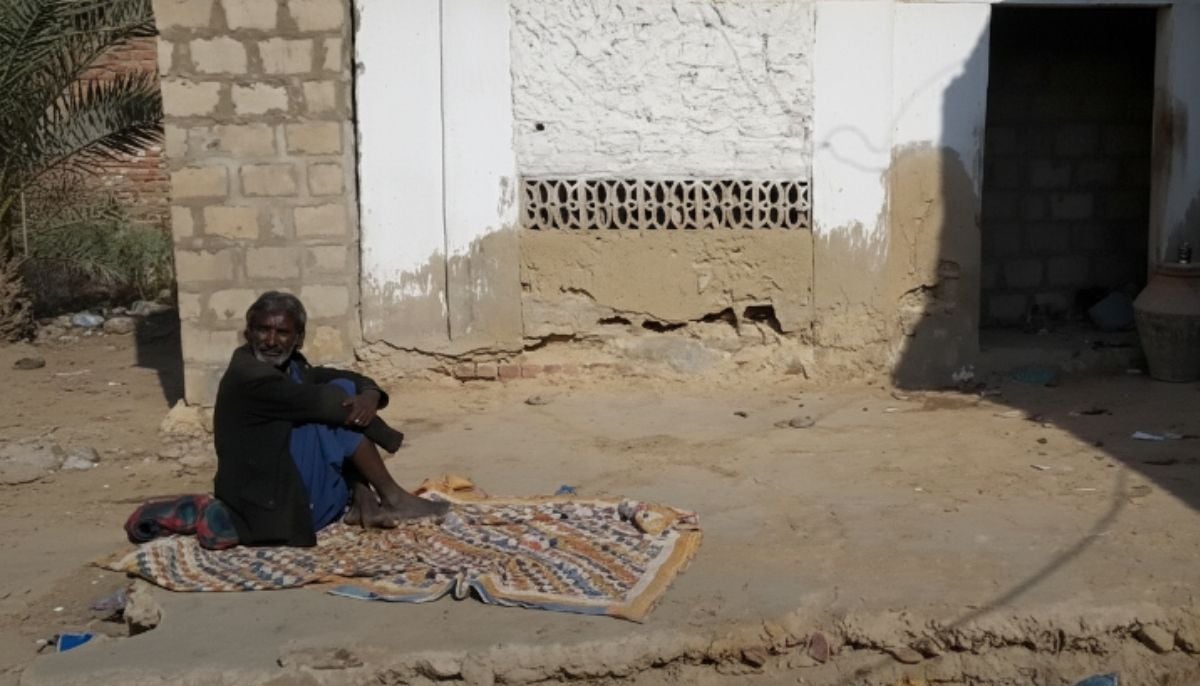
"One of his stories, Gungo Menh (Dumb Rain), won the best short story prize from Akashwani India Radio in the year 1987."
His stories, he said, had been published in Sujaag, Suhini, Maheran, Ibrat, and other Sindhi magazines. Ayaz further mentioned that Gungho Menh, Timbiyal Rat (Stained Blood), Thado Garo (Cold Pot), Hua-She, and Gutiyal Hawa (Suffocating Wind) were among his famous short stories.
During the dictatorial rule of General Ziaul Haq, his other notable stories, which earned him recognition and acclaim, include Laash (Corpse), Zameer Khatir (For Conscience's Sake), and Tuhnje NaaleJivan (Life With You), among many others.
Conflicting facts emerged when this author attempted to uncover the causes behind Kamlani's current mental condition. His relatives claimed that his struggles began when he fought a legal battle to regain possession of his plot on the outskirts of Sujawal city from local land grabbers, which led to severe trauma and ultimately, mental illness. However, his close allies presented a different narrative, stating that around 15 years ago, Kamlani was abducted by unknown men on his way back from Hyderabad and held in detention for approximately three months. During this period, he was reportedly subjected to mental torture, which is primarily responsible for his current mental state.
Local citizens of Thatta and Sujawal disclosed that Kamlani begs on the roads of Thatta and Sujawal to make ends meet. He has a brother, Ahmed Khan, who, when contacted, revealed that whenever he attempted to stop Kamlani from roaming and begging, he turned violent and started crying.
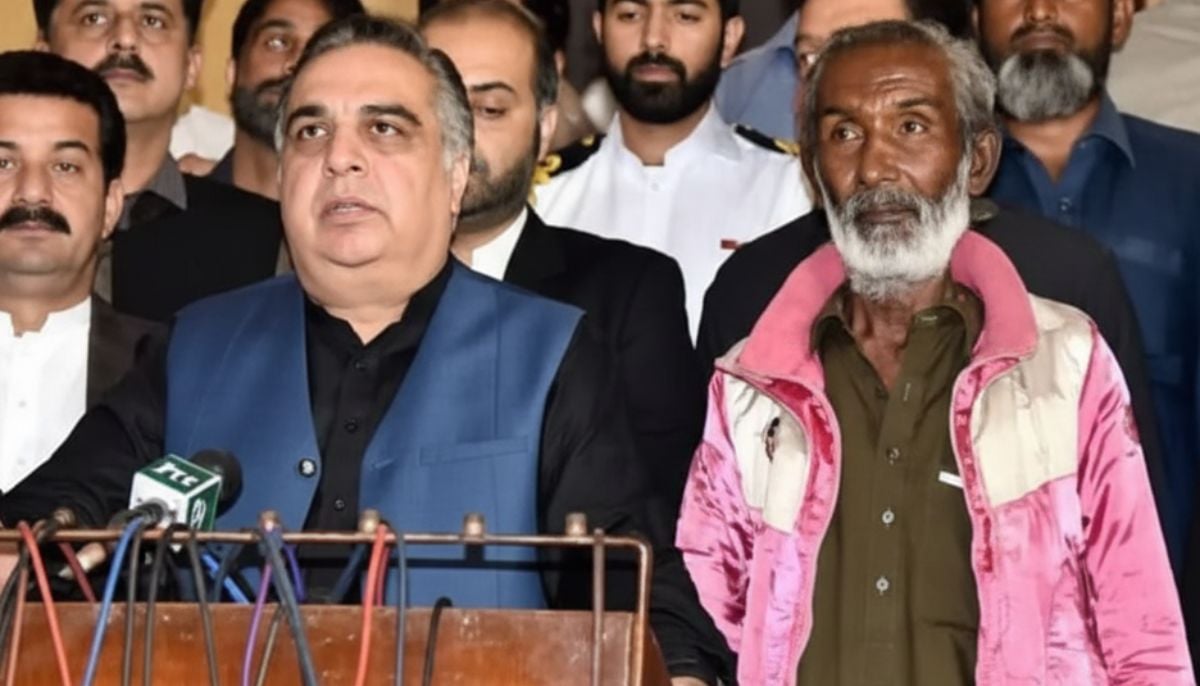
Ameer Saud Magsi, former senior superintendent of police of Sujawal, took resolute efforts for Kamlani's treatment and betterment. Later, former culture minister Syed Sardar Ali Shah and governor Imran Ismail also initiated steps for his treatment and rehabilitation, but these efforts couldn't sustain for long.
His brother said that in 2019, Kamlani remained under treatment at a private hospital in Karachi for three months, after which his condition started improving. Answering a question regarding the stories of his brother, Ahmed Khan said that no book of Kamlani's stories has so far been published; however, many notable figures had promised in the past to get his stories published in a single book.
Kamlani, who has now become a vagrant, was once a flamboyant star of Sindh's literary arena. The Culture Department and the Sindh Government should take concrete measures for his rehabilitation and permanent settlement.
Kamran Khamiso Khowaja is a lawyer and journalist based in Sujawal. His areas of interest are cultural diversity and socio-political isuues. He posts on X @ZaibSha1
Header and thumbnail illustration by Geo.tv



